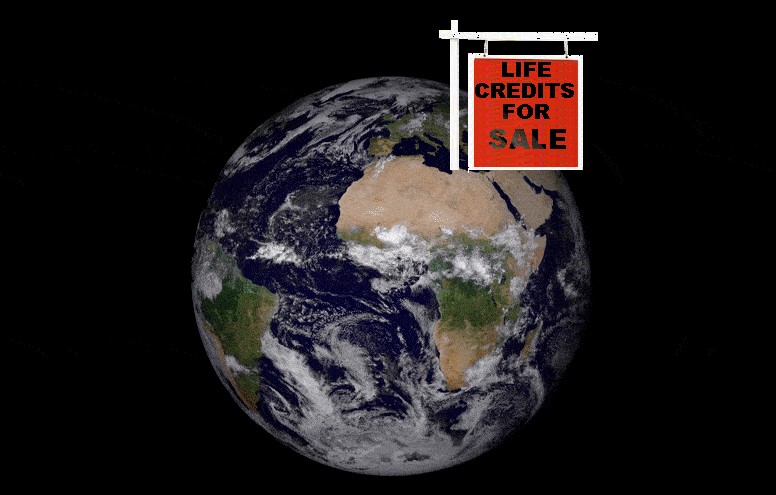Planck E PressCenter Articles
Life Credits for Sale
Date published: 2022-09-09
Date modified: 2022-09-09
Reading time: 00:02:06

“It's spring again. The Earth is like a child who knows poems by heart.”
Rainer Maria Rilke
Brazil has more than 8.5 million kilometers squared. Here is the country of jabuticaba and the consortium. It was a Brazilian who came up with the idea of the Clean Development Mechanism. The Treaty of Tordesillas divided this land into two bands: the left one would belong to the Spaniards and the right to the Portuguese. It didn't work out. To this day, no one understands how we managed to keep our language (yes, our language, because Brazilian Portuguese incorporates a spirit and melody of its own), identity, joy, and liveliness intact. All this makes Brazil a singular nation. Here, it's not the hipsters from the famous São Paulo Faria Lima street who bring evolution. No.
In 2014, my colleagues and I left Congonhas airport in São Paulo. Three hours and twenty minutes later, we landed in São Luiz do Maranhão. From there, a ferry crosses the bay of San Marcos. It's a two-hour crossing. In Cujupe, the son of a farmer and a priest are waiting for us. In Brazil, someone is always welcoming you with coffee, cheese bread (pão de queijo), and cake. Or a ride. From Cujupe, if we take the road on the left, we go to Alcântara, which entered the world map because of the General Theory of Relativity, proposed by Einstein in 1915 and confirmed there in 1919. If we turn right, we will arrive at Cândido Mendes after 5 hours of travel on one of the worst roads on the planet. It is there, in a pension that looks like the house of the mad watchmaker from Alice in Wonderland, that we will spend the next few days. Have we arrived? No! Not yet.
From Cândido Mendes, another 2 or 8 hours -depending on the rain, the car, the accidents- and we arrive at Nunes Freire, more specifically, at Fazenda 7 Irmãos, one of the last three private areas of Maranhão where the Amazon rainforest is still fully preserved. In the entire state, only 3% of the original forest remains.
There, we find Frederico Pontarolo, a tall, fair man with completely white hair, a sign of his 85 years of life. It's to him and his family that we present the idea of generating life credits, in addition to carbon credits. And it's there, in the deepest part of Brazil, that a man from the last century innovates. Next to the carbon credits, the Pontarolo Project currently has 176,190 life preservation credits, which can be retired by industries that want to offset their negative emissions; be it the production of glyphosate to that of steel, cleaning products, hospitals, or any anthropic production cycle.
What transforms the cost involved in neutralizing anthropogenic emissions into an investment, is the change in perspective: the retirement of ZerO2Nature credits generates the DTUcoin (DTX) cryptocurrency. The burden turned into a bonus.
As you can see, it wasn't a hipster from Faria Lima who was excited about the possibility of monetizing diseconomies. It was an 85-year-old gentleman, 16 hours away from the famous São Paulo street, who did it.
Keywords
- life credits
- Pontarolo Project
- ZerO2Nature
- carbon credits
- carbon offset
- green economy
- environmental cleaning
For further information about Planck E PressCenter, please contact us.
Divulging ingenious solutions
The mission of the Planck E PressCenter is to promote ideas, products and theories that have not yet reached the mainstream, as captured in our first release Eccentrics and their Ingenious Solutions.
Newsletter
Sign up for our weekly Planck E Newsletter, complete with the latest ingenious solutions.
Click here for the signup form.
Submit your ingenious solution
We encourage you to submit your ingenious solution, article, press release or "out of the mainstream" technical idea for publication on the Planck E PressCenter. Please send us an e-mail to presscenter@planck-e.com and enquire how.
To learn more about holistic engineering, solutions inspired by nature, monetization of diseconomies, training courses or the incorporation of Being Data to your day-to-day, please follow us on the social networks.

